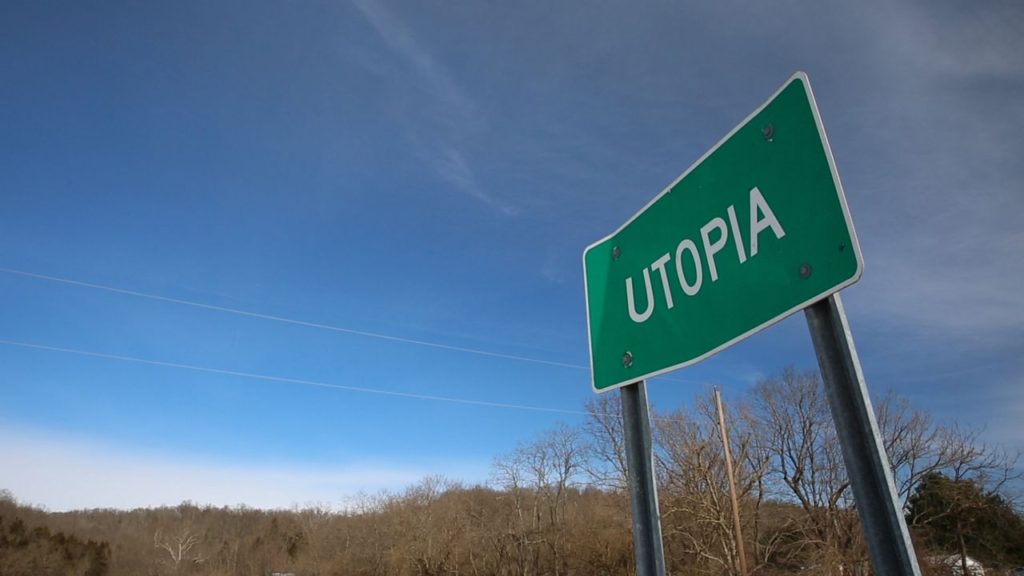What Happens When Energy Is “Too Cheap to Meter?”
 A reader asked me what I would do if I suddenly became quite rich:
A reader asked me what I would do if I suddenly became quite rich:Craig: I’d make investments in companies with unique concepts in environmental stewardship. The problem, however, is that there aren’t too many of them. I see ideas from fraudsters and crackpots constantly.
In most of these disciplines, e.g., renewables, the winners have won and the losers have lost. What had a chance 10 years ago, e.g., ocean wave, has now receded into history, as the price of wind and solar have plummeted.
Peter: Me too, but the sustainable companies would have to be webbed to other necessary companies like system and data analytics and socio-economic flow tracking and commonwealth monitoring and there would have to be guidance from philosophical and theological principles. It’s a massive effort that can’t be piecemealed.
My thought experiment on this subject is this: imagine you invented a source of energy that costs $3.57 to make, was the size of an iPhone and each unit’s power output was capable of powering an entire house or a car, etc. It pulled energy from the almost infinite amount of energy surrounding us and it never needed to be recharged. Linked together, multiple units could power cities, even countries. It contained no exotic parts or materials and most people could build one from scratch. Now imagine you had this. How would you put it into the world and what would be the consequences of your actions? It’s a thesis paper, for sure.
Craig: Well, first of all, a form of what you’re describing actually could happen at any time, i.e., safe, “advanced” nuclear energy, i.e., the promise of “energy that is too cheap to meter.” Yes, we’ve been hearing that phrase for about 50 years, but that doesn’t mean it won’t happen in the near future.
I’m not sure it can’t be piecemealed; in fact, I see no means of tying it into some seismic shift in world socio-economics.
What will happen when and if it becomes technologically possible is that all our energy will be free, and all businesses associated with it will go under. This will solve many planetary horrors: climate change, ocean acidification, loss of biodiversity, lack of potable water, and a great number of dread diseases, especially those of the lungs.
It will not mean, however, that we will have eliminated scarcity. This civilization is built on the cornerstone of scarcity, and we can always find something else to ration and squabble over: real estate, healthcare, natural resources, weapons, and so forth.
Moreover, we’ll still have world fascism to contend with and enormous levels of social injustice.
Over the years, and especially during my book-writing days, I’ve spoken with a great number of “futurists.” Some see an end to scarcity and a world of bliss. But I don’t buy it, largely because of how the species evolved, which has been tribal, violent, and exclusivist from its very beginnings.
You mention “guidance from philosophical and theological principles.” I don’t see any way to get there from here. The fact that you and I would, if we could, redesign civilization according to principles of intelligence and compassion doesn’t mean much in a world where the most advanced country on the planet elected Donald Trump as its president.
The world of today features authoritarianism, ignorance, nuclear weapons, torture, environmental collapse, and near complete indifference towards the suffering of others. Technology is going to have a very tough time turning that around.
